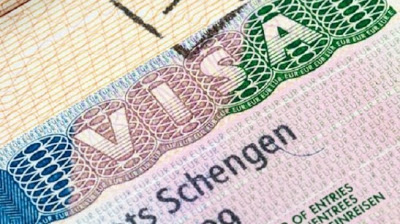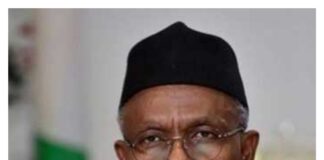The European Union has announced that it could slam restrictive visa rules on Nigeria following its earlier displeasure on Nigerians allegedly living illegally in Europe.
The EU said the intending restrictive visa rules will be imposed if the Nigerian government fails to play its part in the readmission of its citizens believed to be living illegally in its EU countries.
In a report monitored in The PUNCH, Virginie Battu-Henriksson, EU spokesperson for foreign affairs and security policy, said though the number of irregular Nigerians entering the EU reduced last year, they still ranked among the top 10 nationals staying there irregularly.
The newspaper quoted Battu-Henriksson as saying the EU could make its visas more difficult for Nigerian applicants if the country failed to meet its standards.
She noted that in 2016, an EU council decision authorised the opening of negotiations on readmission agreement with Nigeria.
The agreement seeks to ensure that Nigerians travelling to Europe take only the legal routes and that Nigeria is also able to readmit its citizens living illegally there.
Battu-Henriksson said the strict measure could be adapting rules on processing short-stay visa applications.
“Nigerians still place among the top 10 nationalities detected as staying irregularly on the EU territory, although the number of Nigerians entering the EU irregularly declined drastically last year, “she was quoted to have said.
“Nigerian criminal networks remain active in Europe, and Nigeria remains the main non-EU country of origin for victims of trafficking (mainly women) registered in the EU.
” What the EU can do since new rules on short-stay visas to the EU became applicable on 2 February 2020, is to adapt the rules on processing short-stay visa applications, depending on whether a non-EU country cooperates satisfactorily on the return and readmission of their nationals staying irregularly in the EU.
“Under the new rules, the EU Commission will regularly assess the level of cooperation of non-EU countries on the readmission of irregular migrants. If the level of cooperation is insufficient, the commission, together with member states, can decide on a temporary more restrictive implementation of certain provisions of the visa code.















